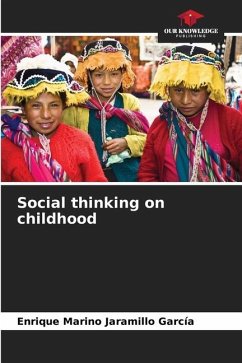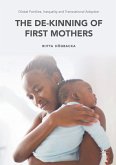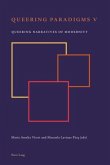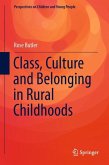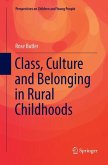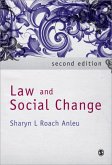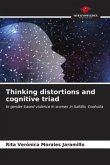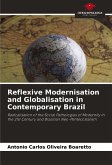This paper aims to thread together some ideas to understand and explain the configuration of discourses and social representations in the history of social thought on childhood, starting with colonisation, and the imposition of a hierarchical and authoritarian pattern of power on the family and on indigenous, black and mestizo children, in the process of the coloniality of power and knowledge. Currently, in the social imaginary there are two cultural knots in dispute when it comes to childhood: the relational rationality of the original cultures from the global South; and Western instrumental rationality, which was consolidated in Peru with the social pact of modernity in the 19th century, and which persists to this day.
Bitte wählen Sie Ihr Anliegen aus.
Rechnungen
Retourenschein anfordern
Bestellstatus
Storno

